How Do I Plan My Estate with a College-Age Child?
If you have a college-aged child, estate planning is probably the last thing on your mind.
Home » Estate Planning » Page 52

If you have a college-aged child, estate planning is probably the last thing on your mind.

With Medicare covering about 1/5th of nursing home care in the U.S., elderly individuals are forced to look at alternative means to cover skilled nursing and other long-term care needs.

Portability first emerged as an estate planning strategy in 2011 and 2012 from the Tax Relief, Unemployment Insurance Reauthorization and Job Creation Act of 2010. It was made permanent by the American Taxpayer Relief Act of 2012.

Estate planning clients, typically those nearing or beyond retirement, often ask what kind of information they should share during their life with the beneficiaries of their estate.

Sometimes, priming yourself and your loved ones can provide a starting point for the end-of-life conversation. Podcasts are a popular way for people to learn new things–why not end-of-life care options?

Many older clients faced with choices regarding late blooming relationships—whether from death or divorce—are confronted with a decision. Should they remarry or should they continue the new relationship without marriage.

My parents are in their 70s and they don’t have anything planned. I’ve spoken with them about the importance of planning.

Being a fiduciary is a time-intensive and intellectually challenging task to put upon an individual.

The disadvantages of do-it-yourself elder law estate planning are costly errors, omissions and neglecting protections.

Luke Perry’s passing on March 4, 2019 was a sad moment for many, since his iconic role on Beverly Hills 90210 is forever etched in pop culture. However, in the eight months since his passing, it has become clear that unlike most celebrity estates, Luke Perry was financially savvy.

1067 N. Mason Road, Suite 3
St Louis, MO 63141
Copyright 2020 The Laiderman Law Firm, P.C. All Rights Reserved